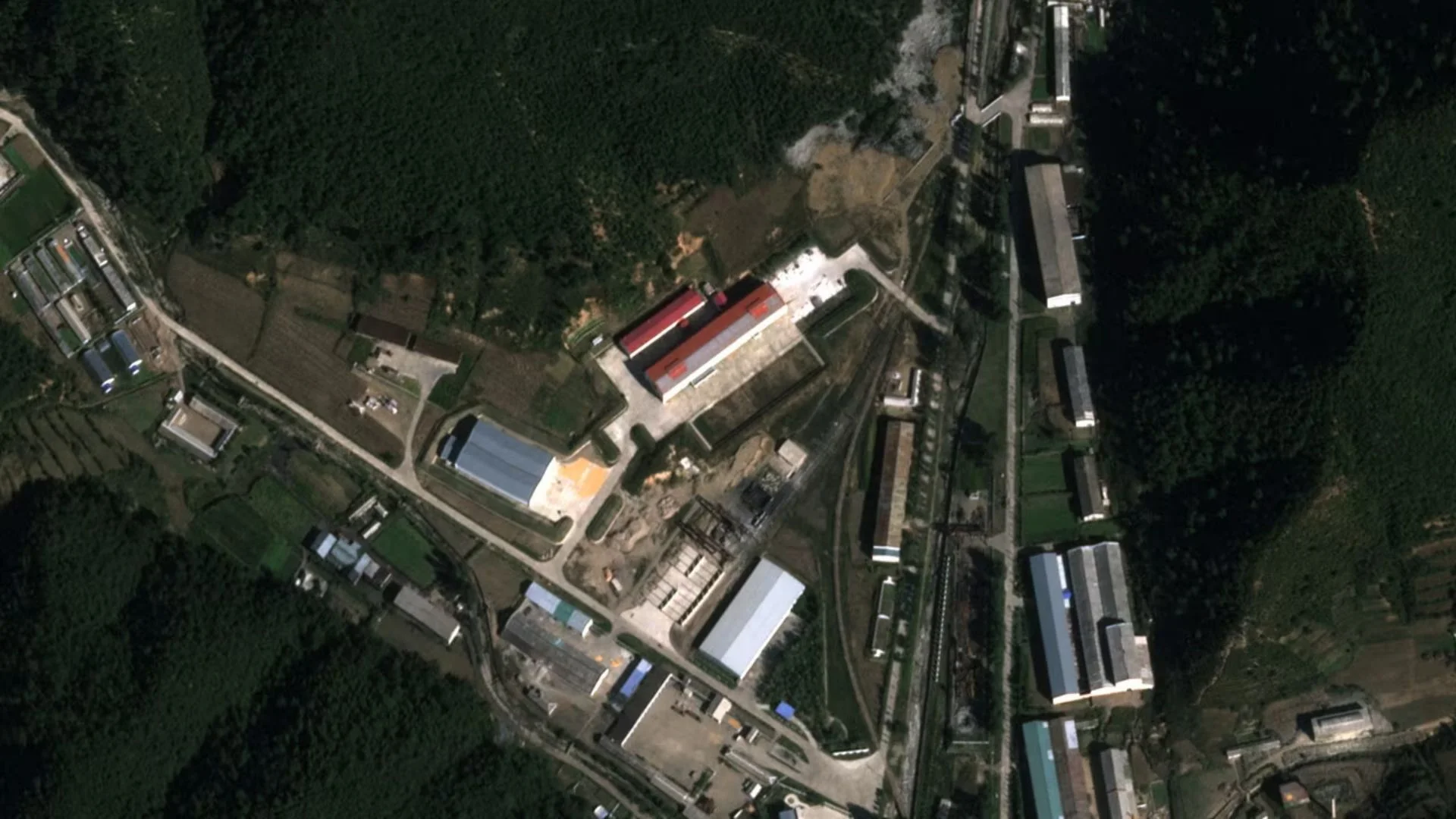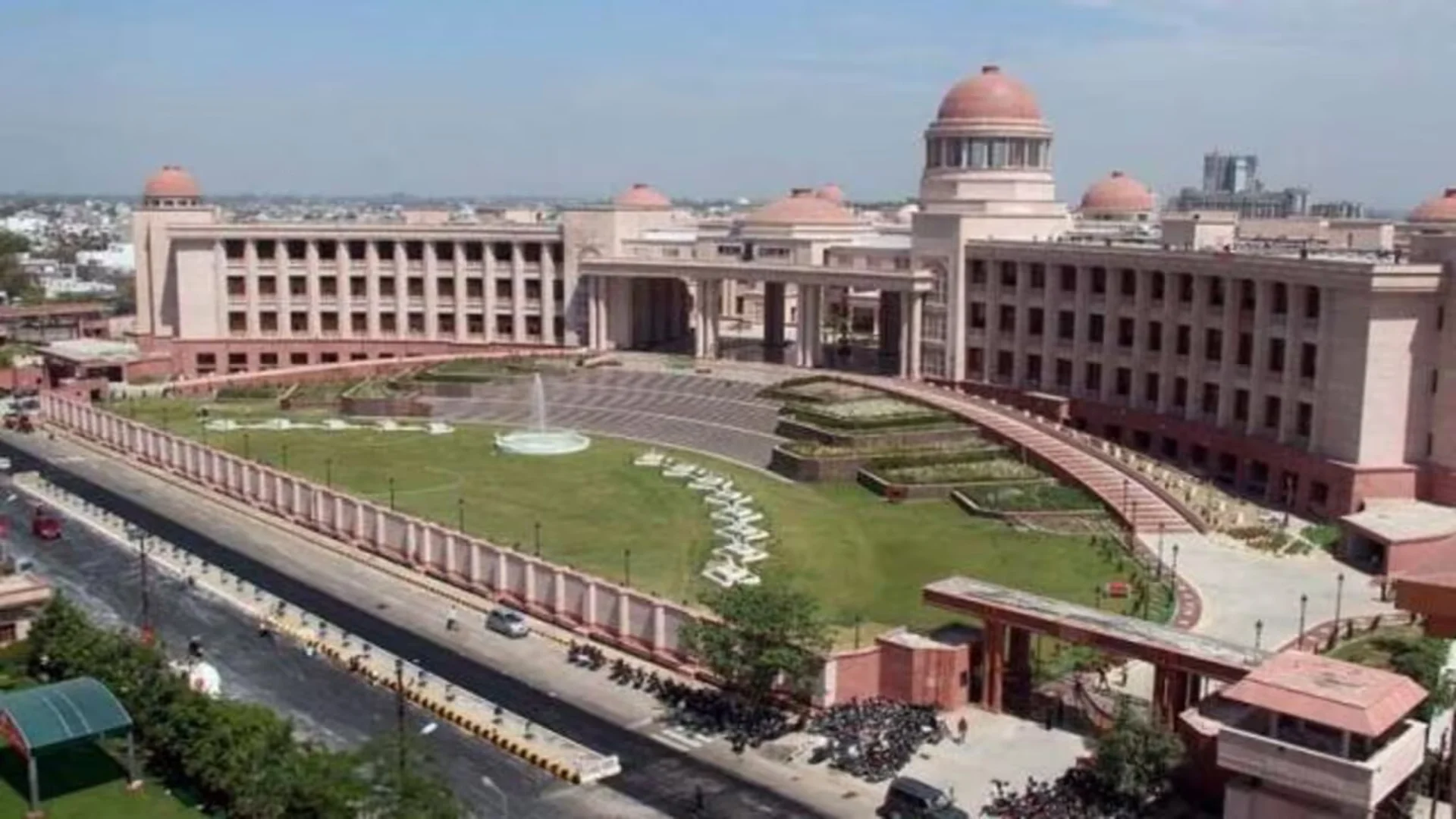
Recent satellite imagery analysis conducted by a US-based think tank, the James Martin Center for Nonproliferation Studies (CNS), has revealed that North Korea is expanding its key weapons manufacturing facility, the February 11 plant at the Ryongsong Machine Complex in Hamhung, North Korea. This facility, which is the only known location producing the Hwasong-11 class of solid-fuel ballistic missiles, has been identified as a potential supplier for Russia’s military efforts in Ukraine.
The expansion, which has not been previously reported, includes the construction of a new assembly building and a worker housing facility. According to Sam Lair, a research associate at CNS, the new additions could significantly increase the throughput of the factory, suggesting that North Korea is boosting its missile production capabilities. The facility is also improving the entrances of some underground facilities, removing a disused bridge crane to improve access, which points to an increased focus on production efficiency.
The KN-23 missile known in the West has been used by Russian forces in their ongoing assault on Ukraine. Despite Moscow and Pyongyang’s denials of weapons transfers, the recent military cooperation between the two nations has sparked concerns in international circles. In June, North Korea and Russia signed a mutual defense treaty, pledging to strengthen their military ties.
North Korean state media recently confirmed ongoing construction at the Ryongsong Machine Complex, with reports indicating the facility is focused on modernization projects, including new missile assembly lines and upgrading production facilities. The new assembly building at the site is approximately 60 to 70 percent the size of the previous one, indicating a significant increase in production capacity.
The expansion of this facility has come at a time when North Korea is also ramping up its own missile arsenal. This could be a result of increased demand from Russia, which is struggling to maintain a steady flow of supplies due to extensive missile use in Ukraine. Analysts suggest that North Korea’s decision to enhance its missile production facilities might be aimed at supporting Moscow in its efforts to penetrate Ukraine’s air defenses.
The move by North Korea is raising alarm in Seoul, Washington, and other global capitals, especially given that more than 10,000 North Korean troops have been deployed in Russia to fight alongside Russian forces. These developments suggest an end to the nearly two-decade-long consensus among U.N. Security Council permanent members to prevent North Korea from expanding its ballistic missile programs.
Meanwhile, South Korean firm SI Analytics confirmed that new construction at the nearby February 8 Vinalon Complex believed to produce fuel for ballistic missiles is also underway. The facility appears to be geared toward increasing production of solid propellants and UDMH, an important liquid rocket engine fuel.
Military analyst Joseph Dempsey from the International Institute for Strategic Studies believes that the primary motivation behind this expansion is to strengthen North Korea’s own missile capabilities, although there are clear indications that Pyongyang is also responding to demands from Moscow. The situation underscores the growing military collaboration between North Korea and Russia, with significant implications for regional and global security.















